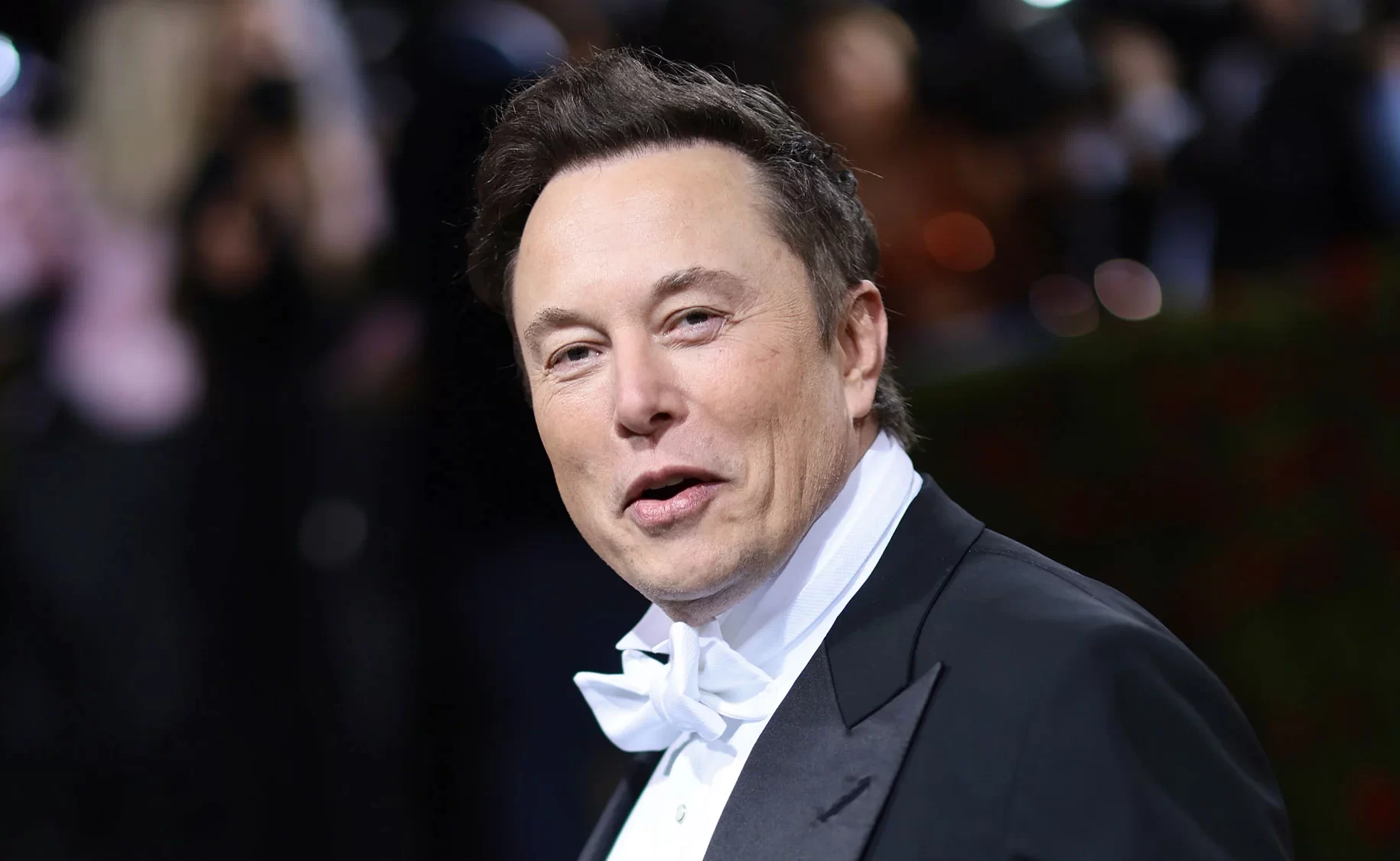The denizens of Twitter might liken themselves to the band of the Titanic, playing along as they watch the platform they stand on slowly sink. The icberg? Elon Musk. Hope remains that the social media giant survives this ongoing ordeal, but Musk’s ownership has undeniably brought about significant chaos. What with mass layoffs (apparently breaking California labor law in the process), the exodus of companies that provide essential ad revenue, and his unwaveringly dismissive attitude toward any criticism, one wonders what goes on in Musk’s mind. It is clear that, at his core, Elon Musk is entirely driven by ego. Every chaotic choice, every foolish mistake, indicates that Musk has a desperate need to be seen as “cool.” His quest for affirmation will drag Twitter down with him.
The Play by Play
The series of events leading to the Twitter Deal is fairly chaotic its own, so let’s begin with a simplified rundown of what has happened thus far. In early April of this year, Musk revealed himself as the largest Twitter shareholder and offered $44 billion to purchase a majority share in the company. Later that month, Twitter agreed, but by July, Musk got cold feet and tried to back out the deal. He accused the company of misrepresenting the prevalence of spam and fake accounts that could lower the platform’s value. Twitter sued Musk for breach of contract, Musk countersued, Musk offered to still buy Twitter if the case against him was dropped. On October 27, the deal went through, and Musk became the owner of Twitter
Just as the dust began to settle, things got much worse as Musk introduced his paid verification plan. Twitter verification, symbolized by the blue checkmark badge next to an account name, was originally meant to indicate which accounts were confirmed as authentic; this badge was typically awarded to accounts with high activity and or notability. Under the new $8 per month subscription plan, verification only indicates that the owner of an account has paid $8. A pretty low price tag for the ability to more effectively impersonate anyone you like. The goal behind this change was to make Twitter less dependent on ad revenue, and to supposedly bridge the gap between “elitist” verified accounts and their unverified counterparts.
Advertisers are now pulling back for fear of the damage Twitter impersonators could deal to their brands, which is bad news when the whole point of paid “verification badges” was to increase Twitter’s revenue. To address the issue, Twitter implemented a new “Official” badge to indicate that those accounts were…verified as authentic. Sounds familiar. Why can’t Musk seem to get a handle on all that is going wrong? First off, he laid off a majority of all Twitter employees, many of whom may have been able to prevent the chaos altogether, and he managed to do it wrong, so he now faces a class action lawsuit. The situation indicates that Musk lacks foresight. This carelessness is actually a consistent pattern of erratic behavior motivated by his desperate need to preserve and/or bolster his self-esteem, consequences be damned.
Musk’s History of Performative Virtue
One could look back to his limited involvement in the 2018 cave rescue in Thailand, where he built a mini submarine to assist in the rescue process. The submarine was not ultimately used, and the lead rescuer criticized the offer as a “PR stunt.” Showing off his infamously thin skin, Musk went on a Twitter rant in which he called the lead rescuer a “pedo guy.” This illustrates how an opportunity for genuine kindness quickly devolved into an angry and selfish grab at some of the glory thanks to Musk’s need for affirmation and his insatiable desire to be the hero.
Alternatively, one could observe the reputation that Musk has managed to cultivate for himself: that of a free-thinking independent entrepreneur who champions free speech, fairness and hard work. It’s all a performance to gain people’s adoration. You could call it performative Libertarianism. Musk has gone on record several times criticizing government subsidies and over-regulation, which explains his initial hands-off approach to content moderation. However, despite his previous statements, it is undeniable that Musk owes much of his fortune, as well as the success of his most famous company, Tesla, to government subsidies. As for his distaste for content moderation and the “inequality” perpetuated by Twitter verification checkmarks, it is clear that over the past week he has come to realize their value. Consequently, Musk rapidly attempts to reinvent content moderation under a new name to avoid the shame of backtracking.
Elon Musk claims expertise on a subject and refuses to back down unless doing so helps him avoid accountability for his mistakes. He rips apart an existing system until he realizes that it was actually superior to whatever he came up with, then remakes it under a new title so he doesn’t look foolish. He has no self-consistency and a paradoxical disregard for the needs of others, given his goal of making people like him more. When faced with any form of pushback, he lashes out in rage, always reacting and never thinking ahead. A nominal proponent of free speech, he has no issue with stifling the voices of his employees when they try to unionize. Elon Musk, as a concept, is inconsistent and malleable, never fully committing to anything for fear of looking bad, but in this, he has been forced to commit. When looking at the ongoing Twitter debacle with this context in mind, everything makes sense. Elon Musk’s fragile ego may very well destroy Twitter.
Take these events as a cautionary tale. The combination of too much money and too little accountability is deadly. This is a man who established a cult of personality to make a safe bubble of adoration and reassurance that he is so incredibly “cool” and smart. In the process, he will destroy a beautiful platform that helps spread breaking news, promotes valuable discourse, and connects people worldwide. Don’t be like Elon Musk, and definitely don’t respect people like him.

















